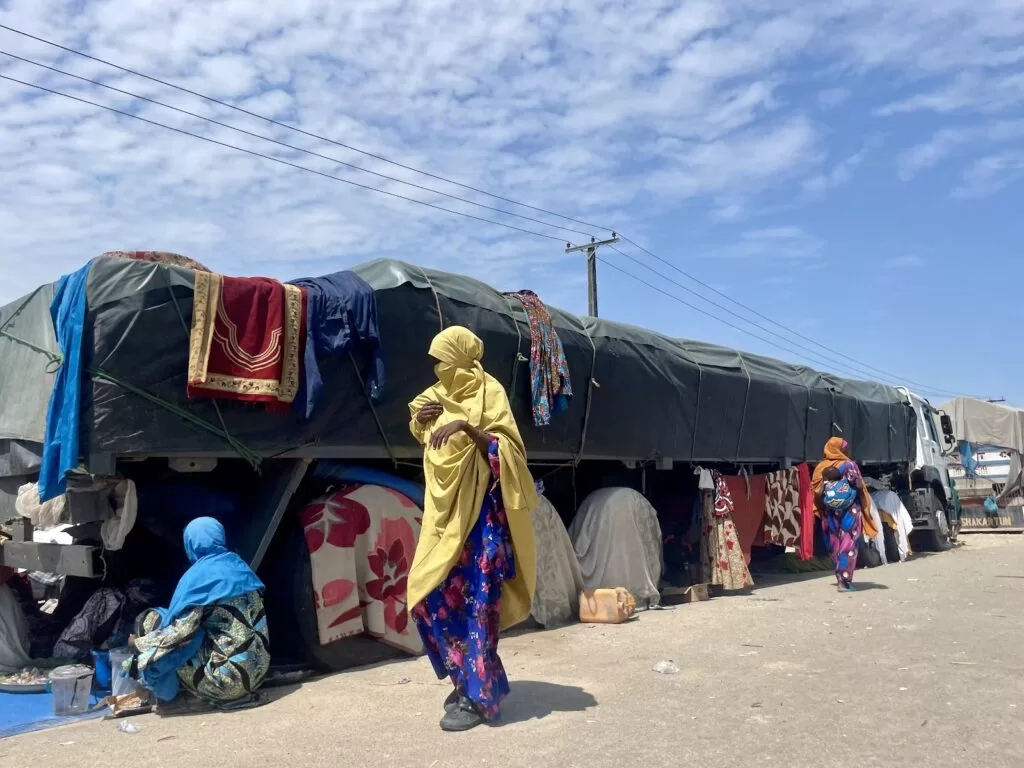Borno state in North East Nigeria recently experienced its worst flooding disaster in three decades after the Alau Dam overflowed and swept through communities across Maiduguri and Jere local government areas.
The dam’s overflow resulted from avoidable damage and faults caused by a series of events, including mismanagement and a lack of accountability. The flood that followed on September 10 caused a great humanitarian crisis — affecting about a million people, damaging thousands of buildings, claiming at least 37 lives, and displacing over 414,000 others.
In addition to the widespread damage, food supplies and medicines in areas submerged by floodwaters were contaminated, further worsening the humanitarian crisis and leaving communities vulnerable to hunger and disease. Families, already struggling from years of displacement due to the Boko Haram crisis, lost what little they had.
However, while much attention has been paid to how the flood has affected people in the state capital of Maiduguri, not much has been said about the devastation in other places, including the community of Alau, where the dam is located.
HumAngle found through interviews with locals that the flood destroyed farmlands, leaving people with no crops to harvest for consumption and trading. Fishermen in the area, who relied on the dam for irrigation and fishing, also found themselves without a means to support their families.
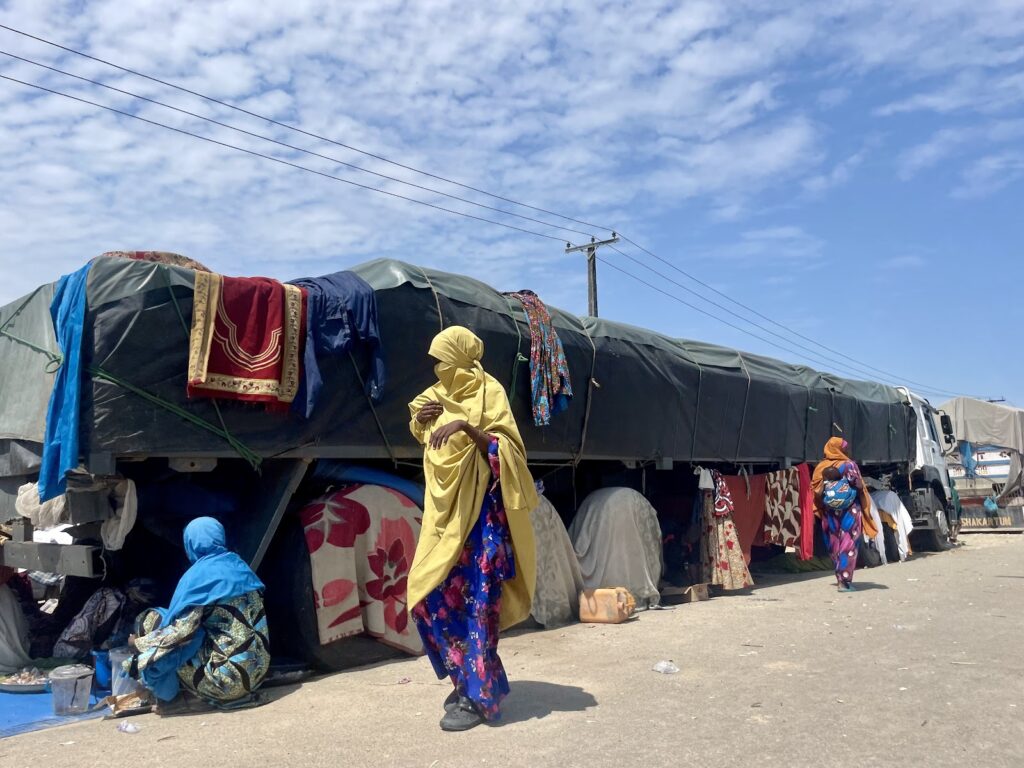
Izge Ali, a resident of Alau, was one of many victims. The flood wiped out everything he had, including his assets and livelihood. Before the disaster, he earned between ₦5,000 and ₦10,000 daily from fishing, and each farming quarter brought in an average of ₦250,000.
“I lost all of these opportunities after the flood, as it washed away my farmlands, canoe, and above all, the abundant fish we used to catch,” he lamented.
In addition to fishing, Izge farmed onions, cassava, and sweet potatoes, which provided food for his family and generated additional income.
“Farming these crops has always been a reliable way to sustain my family, especially during low fishing seasons,” he explained. “Now, with the loss of my farmland and fishing resources, it is difficult to know how we will survive.”
Alau is a community in the Konduga area of Borno, about 14 km south of Maiduguri. Thousands of community people engage in fishing and irrigation farming during and after the rainy season. Farming cycles are repeated thrice a year due to a flourishing environment and access to water.
The region is known for its common fish species, such as catfish and tilapia, alongside a variety of crops, including sweet potatoes, cassava, onions, okra, cucumber, carrots, tomatoes, lettuce, watermelon, and red pepper.
Since its establishment in 1886, the Alau Dam has boosted agricultural activities in the region until poor management led to it overflowing and breaking. This has greatly affected agricultural supplies like perishable goods and the large-scale production of fish that are sold to people in urban areas.
Maiduguri town and its environs are the largest beneficiaries of these agricultural products supplied all year round. However, this food chain has been disrupted since the September flood.
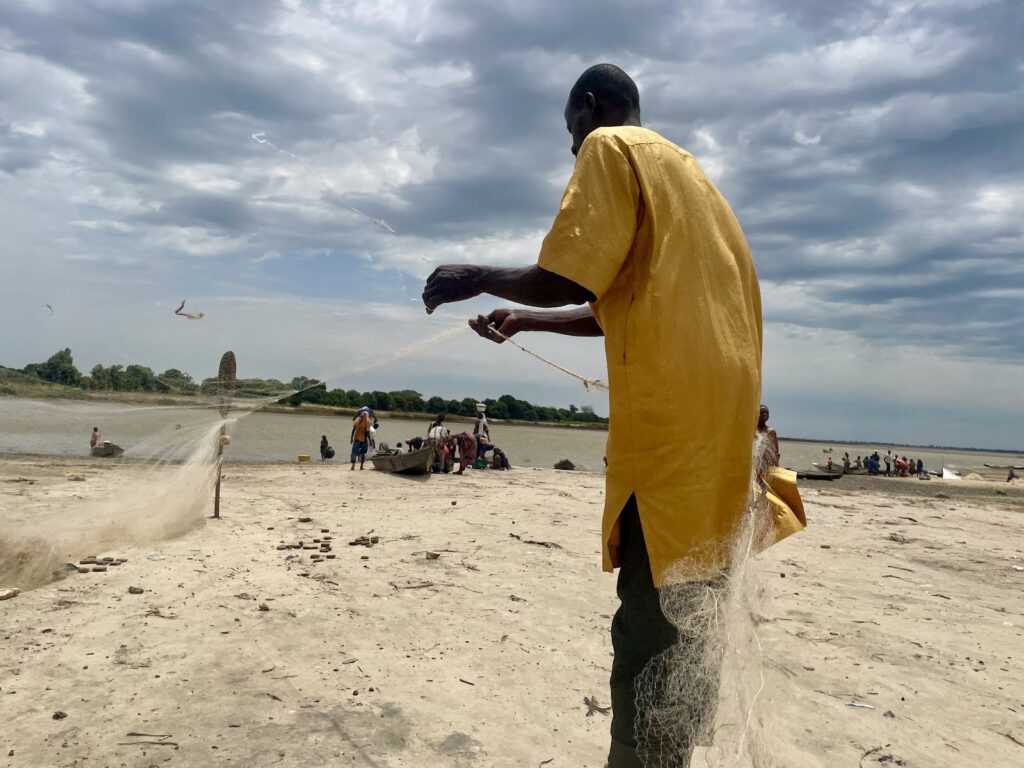
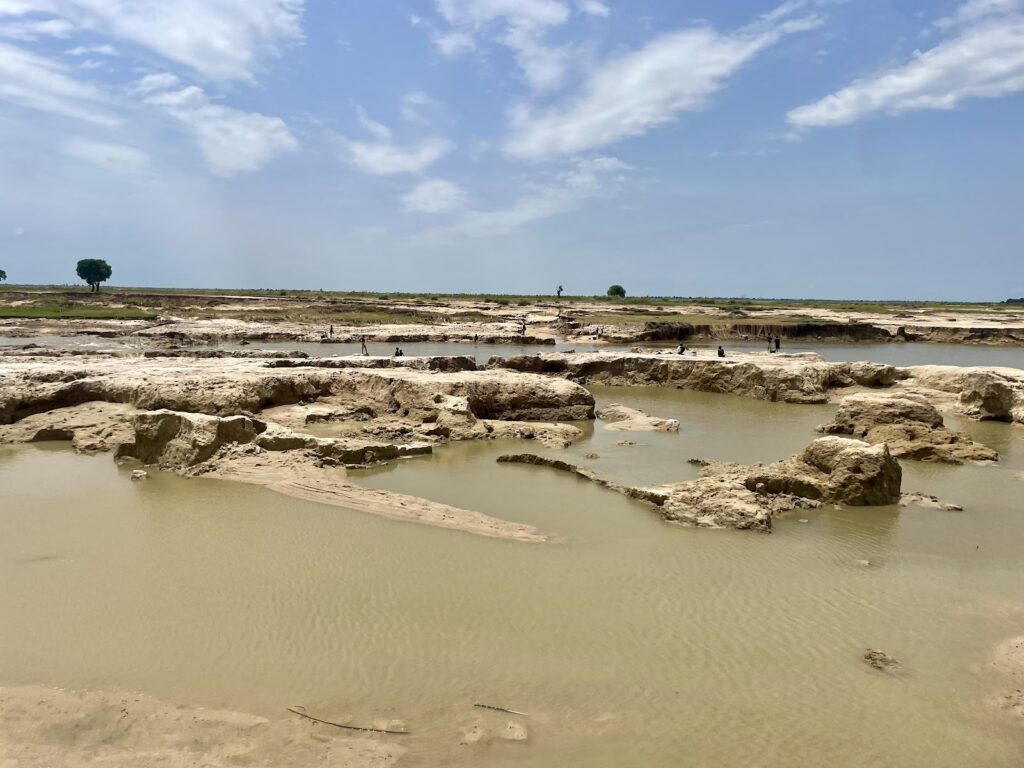
The reservoir, which served as a fishing ground and source of water for irrigation, has also been disrupted, pushing away fish and causing landslides and environmental degradation. “All the fish are gone, and lands swept away by the flood,” said Kana Bashir, a fisherman.
Locals estimate that over 200 individual farmlands were destroyed by the flood, significantly impacting the agricultural livelihood of the area.
The disaster has also severely disrupted the transportation and logistics businesses as numerous canoes, tricycles, and vehicles were swept away.
“Over 400 vehicles are engaged daily in Alau, transporting both goods and people,” the chairman of the local security force told HumAngle. With an estimated population of thousands of people, the loss of transportation means has compounded the community’s challenges, affecting commerce and daily life.
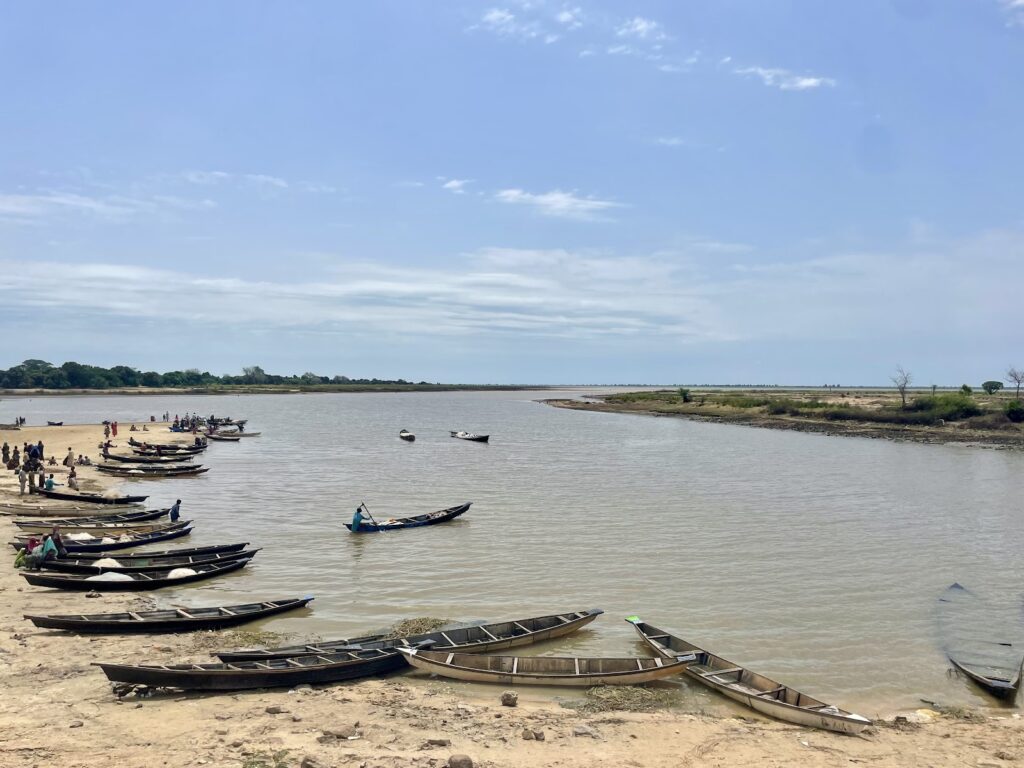
It costs an average of at least ₦100,000 to build a sturdy canoe suitable for fishing, a significant investment for those who rely on this as their primary source of livelihood. For many in Alau, the loss of a canoe represents more than just a financial setback; it is a loss of their ability to earn a living. “Without a canoe, there’s no way to fish, and without fishing, we have no income to support our families,” observed one fisherman.
For most, rebuilding their livelihood is an overwhelming challenge without external financial assistance.
“People are more concerned about the communities in urban areas affected by the floodwaters, forgetting those of us at the forefront are bearing the brunt of the disaster,” said 65-year-old Bamanga. He lamented the delay and lack of assistance since the flood hit, adding that they have been waiting for help, “but nothing has come” their way.
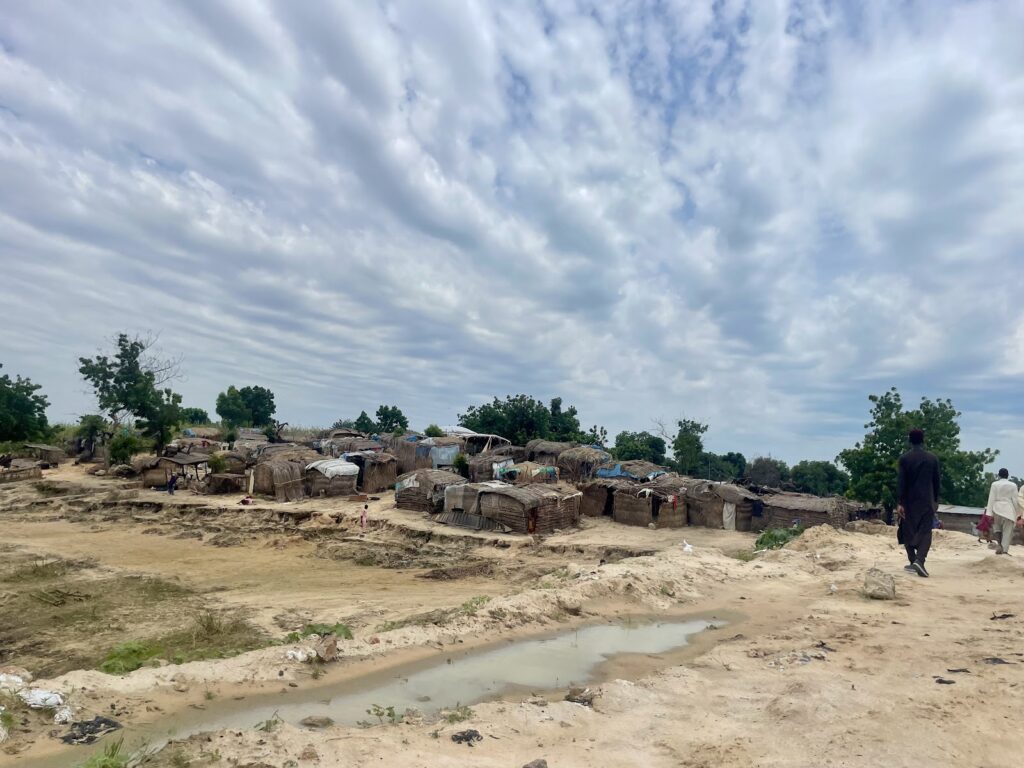
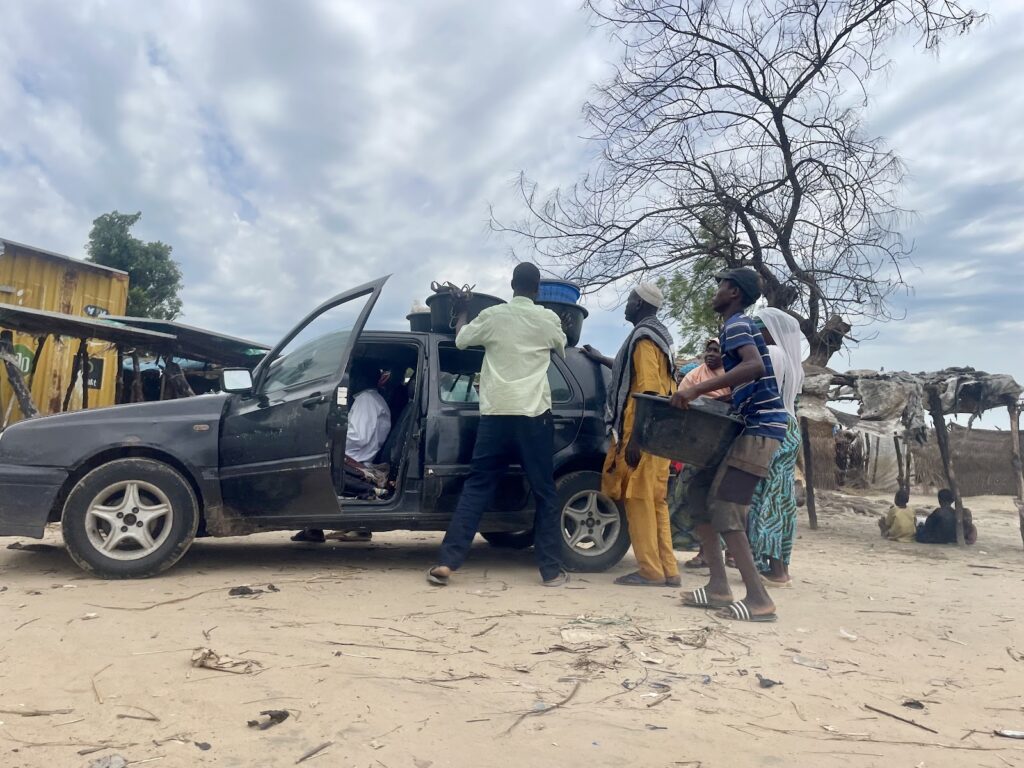
Members of the community knew that the volume of the water had increased significantly weeks before the flood.
They said they submitted several complaints to the Lake Chad Basin Commission and the state government. Still, they were instructed to erect barricades using sandbags, a task undertaken by residents and government workers.
Alhaji Bukar, the community head of Alau, has urgently called on the government to take immediate action as businesses in the community continue to suffer severely. “The flood has devastated livelihoods, and without prompt intervention, recovery will be incredibly difficult for us all,” he urged.
At the time of filing this report, flood victims in Alau had not received any assistance related to the incident.
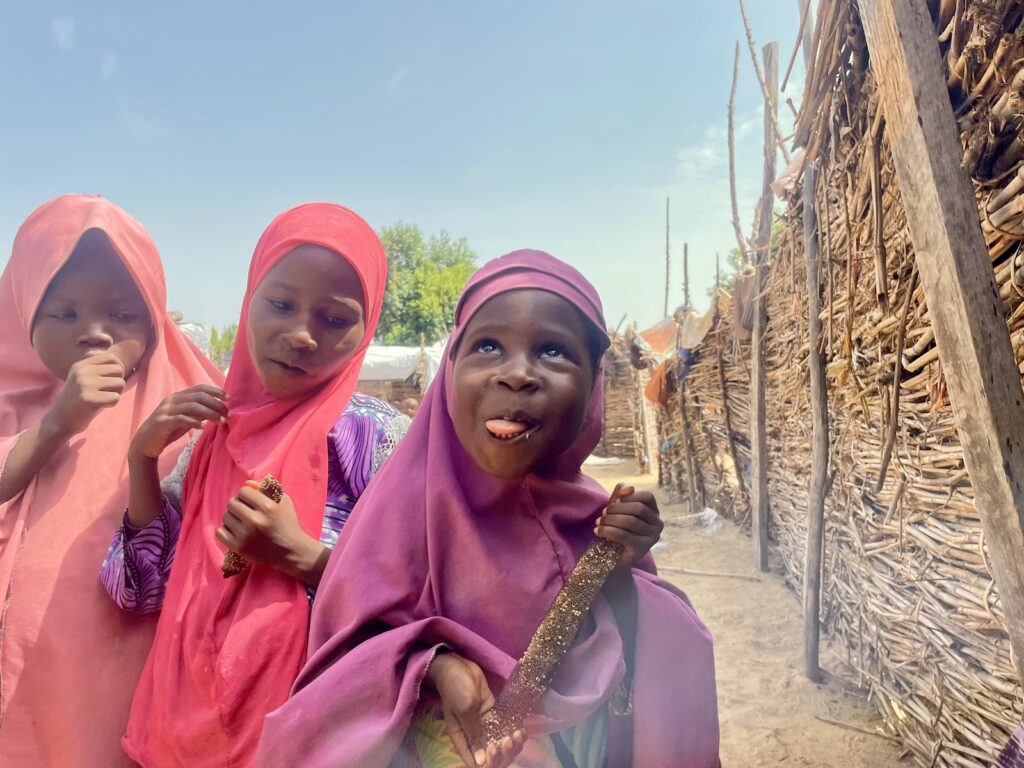
Several communities along the riverbanks have also been pushed to extreme suffering by the flood, including displaced families living in Dalori, a village located along Bama Road on the outskirts of Maiduguri. These families have lived there for nearly a decade after Boko Haram uprooted them from their original homes.
The displaced community had adopted a new farming practice known as warwara bashi, which involves planting an improved variety of beans that can be harvested in a short period. This method was designed to help farmers quickly repay loans taken to purchase seeds and fertilisers.
However, the flood washed away their crops and heaped sand dunes on their farmlands. This has destroyed their investments and left them burdened with significant debt.
Yabuwa Abbakura, Dalori’s community hygiene lead, predicts that the situation will worsen in the coming days because of inadequate humanitarian support.
Life has been challenging as they rely on scarce and insufficient humanitarian aid. Over time, they adapted by engaging in small-scale irrigation farming, predominantly growing cucumbers and beans. However, the recent floods destroyed their farmlands, plunging them into severe food crises.
Bashir Gana, 32, one of the IDPs in the area, said, “The flood was the worst thing that has happened to me since Boko Haram ruined my life. I lost everything. The cucumber and bean farms we depended on were washed away, and hunger has taken over our camp.”
“Our children are scavenging for anything they can find in the bush to eat,” he added. Because of the flood, they rely on unripe millet and whatever they can gather to survive.
